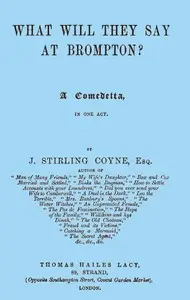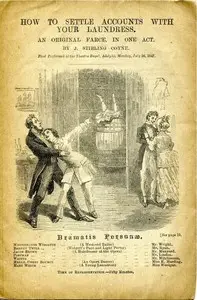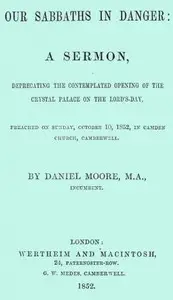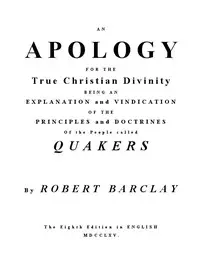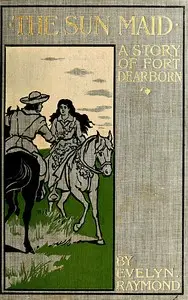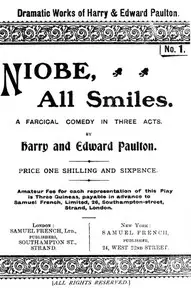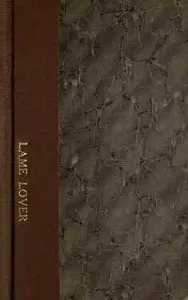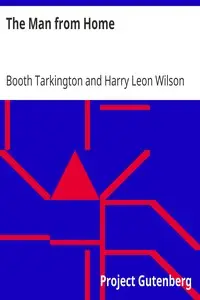"A Duel in the Dark: An Original Farce, in One Act" by J. Stirling Coyne is a comedic play written during the mid-19th century, likely around the Victorian era. This farce encapsulates the humorous trials of relationships, mistaken identities, and the sometimes absurd lengths to which individuals will go to test love and fidelity. The plot is centered around the whimsical and chaotic scenario faced by the main character, Mr. Greenfinch, and his wife, who don disguises and engage in a series of comedic misunderstandings. The narrative unfolds as Mr. Greenfinch believes he is on an illicit adventure with the mysterious Countess de Rambuteau, only to discover that his wife, Mrs. Greenfinch, is secretly traveling with him in disguise. As the comedy escalates, their interactions lead to a mock duel that ultimately resolves in frantic hilarity rather than violence, revealing the true nature of their relationship. Greenfinch’s mistaken belief in the enchantment of another woman is humorously contrasted with his genuine affections for his wife, culminating in a delightful exploration of trust and marital fidelity, peppered with witty dialogue and farcical situations. (This is an automatically generated summary.)
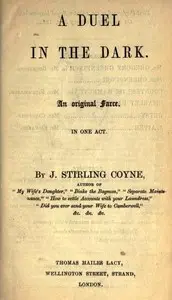
A Duel in the Dark: An Original Farce, in One Act
By J. Stirling (Joseph Stirling) Coyne
"A Duel in the Dark: An Original Farce, in One Act" by J. Stirling Coyne is a comedic play written during the mid-19th century, likely around the Vict...
Joseph Stirling Coyne (1803–1868) was a humorist and satirist in the tradition of Jonathan Swift and Alexander Pope. One of the most prolific British playwrights of the mid-nineteenth century, he wrote more than sixty plays; his twenty-seven farces are surpassed in number only by John Maddison Morton's ninety-one and T. J. Williams's thirty. Coyne brought to the stage accomplished comedic interchanges, puns, irony, exaggerated character traits, ludicrous plot situations, and surprising outcomes. His plays reveal a deft ear for dialogue and an ability to create characters suited to the talents of specific actors. As a journalist Coyne contributed humorous pieces to many widely circulated journals and newspapers.


